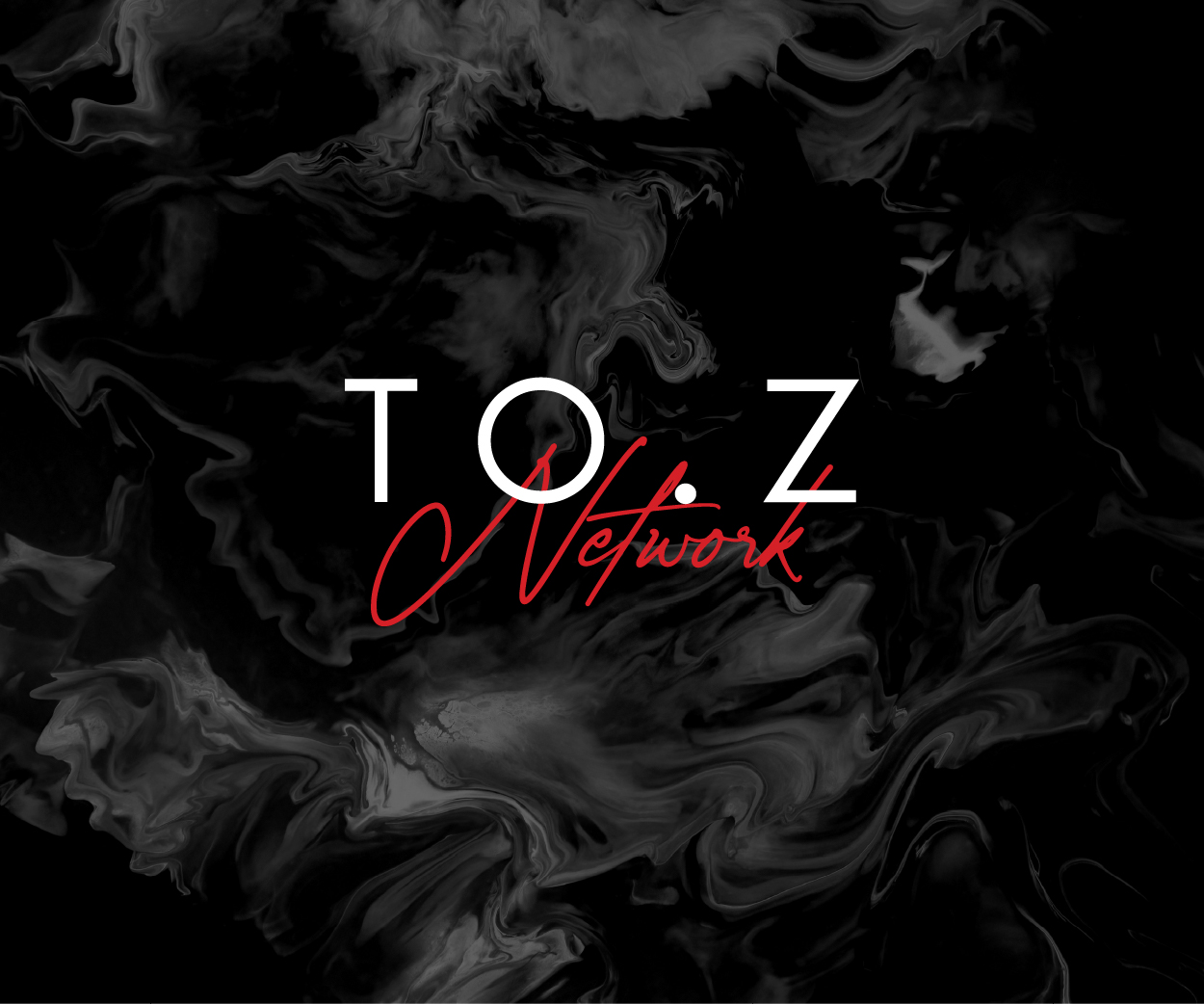Trump Rejects Ceasefire & Calls for “Real End” to Iran’s Nuclear Program
Donald Trump rejects a ceasefire, calling instead for a complete and permanent end to Iran’s nuclear program. As tensions escalate with Israel and Iran exchanging strikes, Trump urges Americans to leave Tehran and warns of a firm U.S. response to any attacks.
Escalating Tensions
Former U.S. President Donald Trump has publicly rejected calls for a ceasefire amid growing tensions between Iran, Israel, and the United States. In a recent address, Trump emphasized that the objective is not simply to pause the conflict, but to completely dismantle Iran’s nuclear ambitions. His stance underscores a shift from diplomatic restraint to increased pressure on Iran’s government.
Urgent National Response
Trump returned early from the G7 summit to address the unfolding crisis. Upon arrival, he held high-level national security meetings and urged American citizens in Iran to evacuate immediately. His administration also sent a strong message to Tehran, warning that any attack on U.S. forces or allies would result in a decisive and powerful response.
Iran and Israel on Collision Course
The current crisis stems from escalating military actions in the region. Israel has launched a series of strikes targeting Iranian nuclear and military facilities. In response, Iran fired missiles and drones toward Israeli cities, intensifying fears of a broader regional conflict. The violence has caused widespread anxiety in cities like Tehran, where residents are bracing for further escalation.
Nuclear Concerns Deepen
Iran's leadership has hinted at the possibility of exiting the Nuclear Non-Proliferation Treaty (NPT), a move that could further destabilize the region and alarm the international community. Increased Iranian military activity near the Strait of Hormuz has raised concerns about the safety of vital oil shipping routes, adding an economic dimension to the unfolding crisis.
A Fragile Path Ahead
Despite the growing conflict, Trump insisted that diplomatic channels remain open, but only if Iran takes concrete steps to permanently halt its nuclear program. With no signs of de-escalation, global leaders are watching closely as the Middle East teeters on the edge of a new phase of confrontation.









